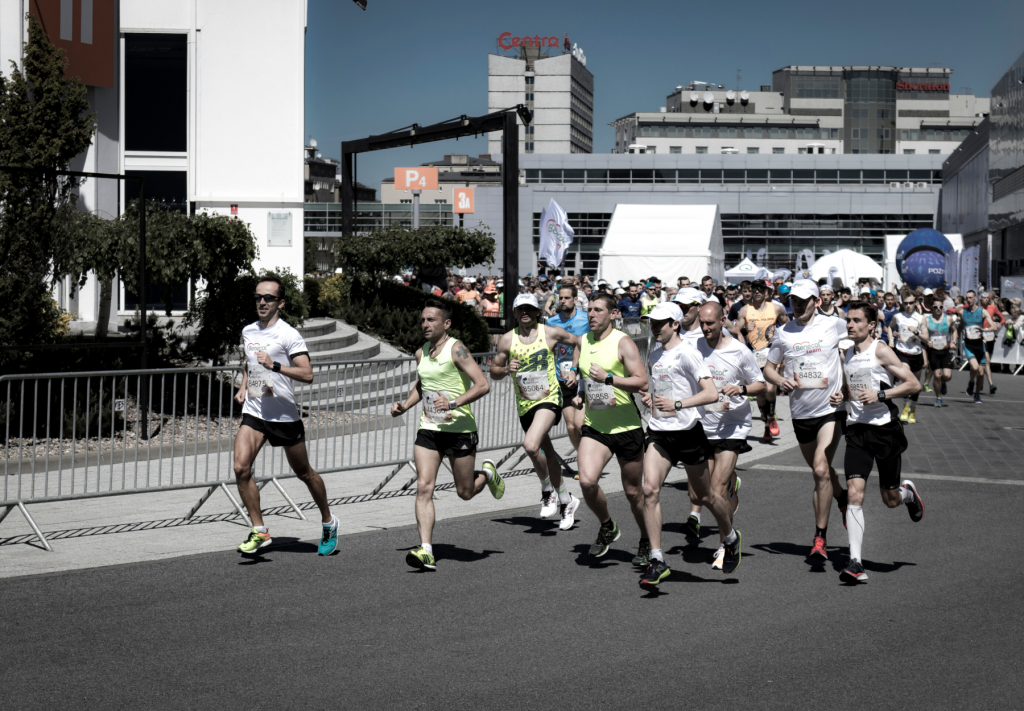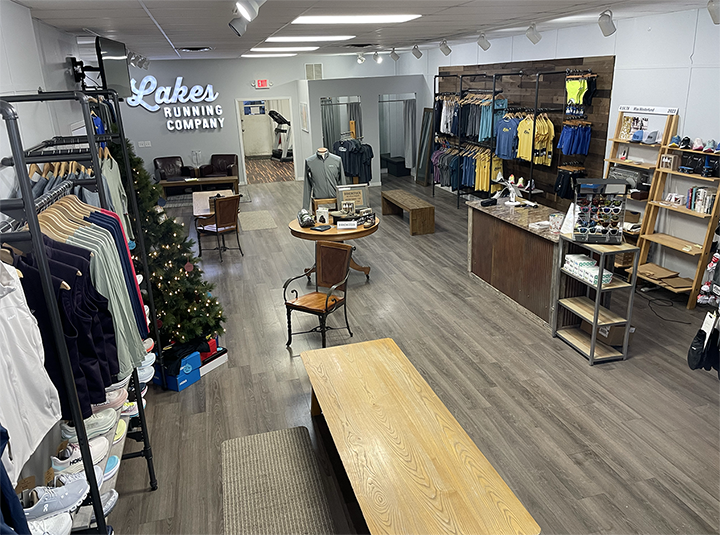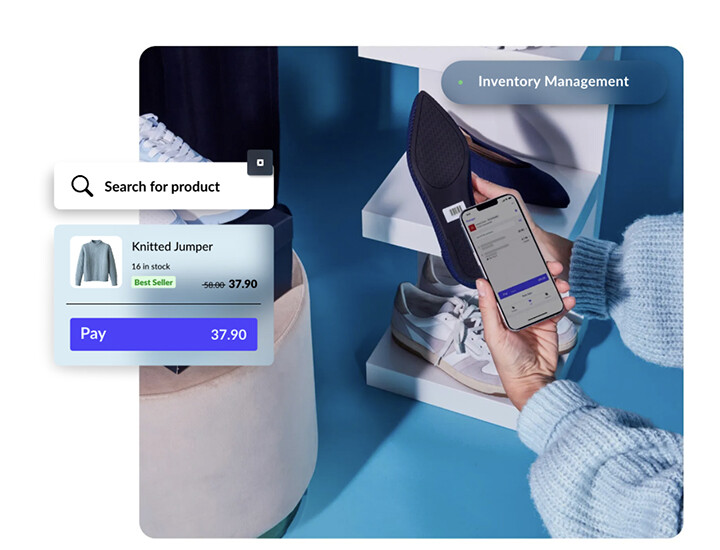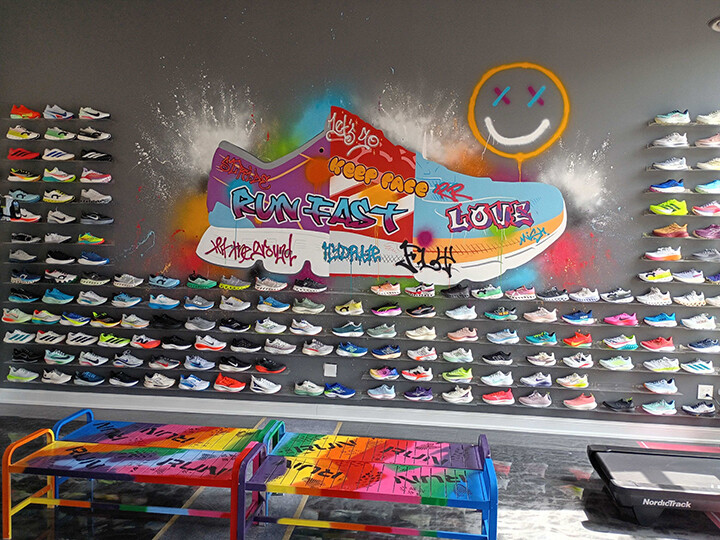With a very dim light – but a light nonetheless – appearing at the end of the tunnel for the run specialty business, retailers and race organizers are allowing themselves to look slightly ahead to the day when people will be signing up and attending races again – perhaps this summer, more likely in the fall.
To prepare for that wonderful day when races do return, a number of organizations are making an effort to understand the mindset of runners when that race registration form arrives in their inbox — and then how to safely and efficiently organize the events themselves in a hopefully post-pandemic environment.
SURVEYING THE RACE ATTITUDE
Taking the tentative first steps to a return to racing, the Road Runners Club of America (RRCA) recently launched a national survey to learn how the COVID-19 pandemic has affected participation in running events as well as locally organized group runs and training programs.
The goal of the survey is to gather data from runners to better understand what changes they expect to see within the running community and event industry, post-pandemic.
“The pandemic has impacted everyone in some way, from individuals and families to organizations, businesses, and events like running races and group runs,” explains Erica Gminski, RRCA youth and coaching program manager. “Public health officials’ guidance on gathering size has led to countless events and group run postponements and cancellations in the coming months.”
Runner feedback will allow the RRCA to work with race directors, club leaders, health experts and industry leaders to craft guidelines and recommendations to assist the running community in formulating best practice plans for post-pandemic running in the coming months.
The survey can be found here: http://survey.constantcontact.com/survey/a07eh1isn3jk94ehrqs/a0278dk9dakzx9/greeting
RACE GUIDELINES
The next step will be to develop guidelines for these events and to that end RunSignup has released a draft of what it calls Looking Forward Guidelines for Races. It was created with input from dozens of race directors, timers and governing bodies and is intended to provide ideas for a path forward for races when coronavirus restrictions are lifted.
The guidelines are suggestions and ideas to consider as races look towards restarting, with the caveat that every event should consult and comply with national, state and local government orders as well as health official recommendations.
“The endurance community is made up of tens of thousands of micro-communities — races, clubs, stores, timers, nonprofits, race organizations, sponsors, volunteers and more. This diversity brings strength to our community and results in innovation,” says Bob Bickel, RunSignup founder and CEO.
“We hope that this aggregate source of best practices, creative ideas and considerations from individuals and organizations that have been in the industry for decades can be a resource for everyone as we define our industry’s new and healthy normal,” he adds. “Just as races have rapidly adapted to virtual events, races will learn how to put on safe events to get those micro-communities back in action.”
RunSignup expects that individuals, companies and groups will be creating official industry policies and guidelines in the coming weeks and hopes that the living document with crowd-sourced information can help to inform their guidance.
For more on the document: visit runsignup.com/lookingforward
RUNNING A SAFE EVENT
Finally, on an even larger scale World Athletics has joined forces with the International Institute for Race Medicine (IIRM) to set up a medical taskforce to provide endurance events that include mass gatherings with guidelines for outbreak prevention.
The Outbreak Prevention Taskforce, led by World Athletics (Health and Science Department) and the IIRM, will include the Medical Chairs or representatives of the International Cycling Union (UCI), International Ski Federation (FIS), International Triathlon Union (ITU), International Paralympic Committee (IPC) and World Rowing (FISA), as well as Professor Brian McCloskey of the Centre on Global Health Security, Royal Institute of International Affairs (Chatham House), an independent expert in outbreak prevention and member of the WHO Novel Coronavirus-19 Mass Gatherings Expert Group.
The taskforce will also be served by an advisory group, which will include representatives of industry, private companies, sponsors, partners and media.
“We are forming this task force to bring together key representatives from all parts of the endurance sports world to help find solutions and create viable and appropriate guidelines for participants of mass sports events, event staff, volunteers, and the community at large,” says Dr. Stephane Bermon, director of the Health and Science Department at World Athletics. “COVID-19 has been the stimulus for the formation of this task force; however, many event organizers have also had to deal with Norovirus and other contagious diseases during the staging of events and this taskforce will help create guidelines to help reduce the risk of infection,”
The Outbreak Prevention Taskforce has developed the following objectives:
- Disseminate recommendations to prevent disease outbreaks in mass gatherings
- Provide race organizers and sport governing bodies with guidelines, including a risk assessment tool dedicated to determining the outbreak risk, mitigation plans, and suggestions of contingency plans
- Advise mass races, organizers, and sport governing bodies on how to plan a return to normal activities in the aftermath of the COVID-19 outbreak or similar future situations.
- Collect and analyze data to determine if COVID-19 survivors have increased risk of developing illness or injury when participating in endurance events and/or vigorous activity and amend best practices based on this analysis.






